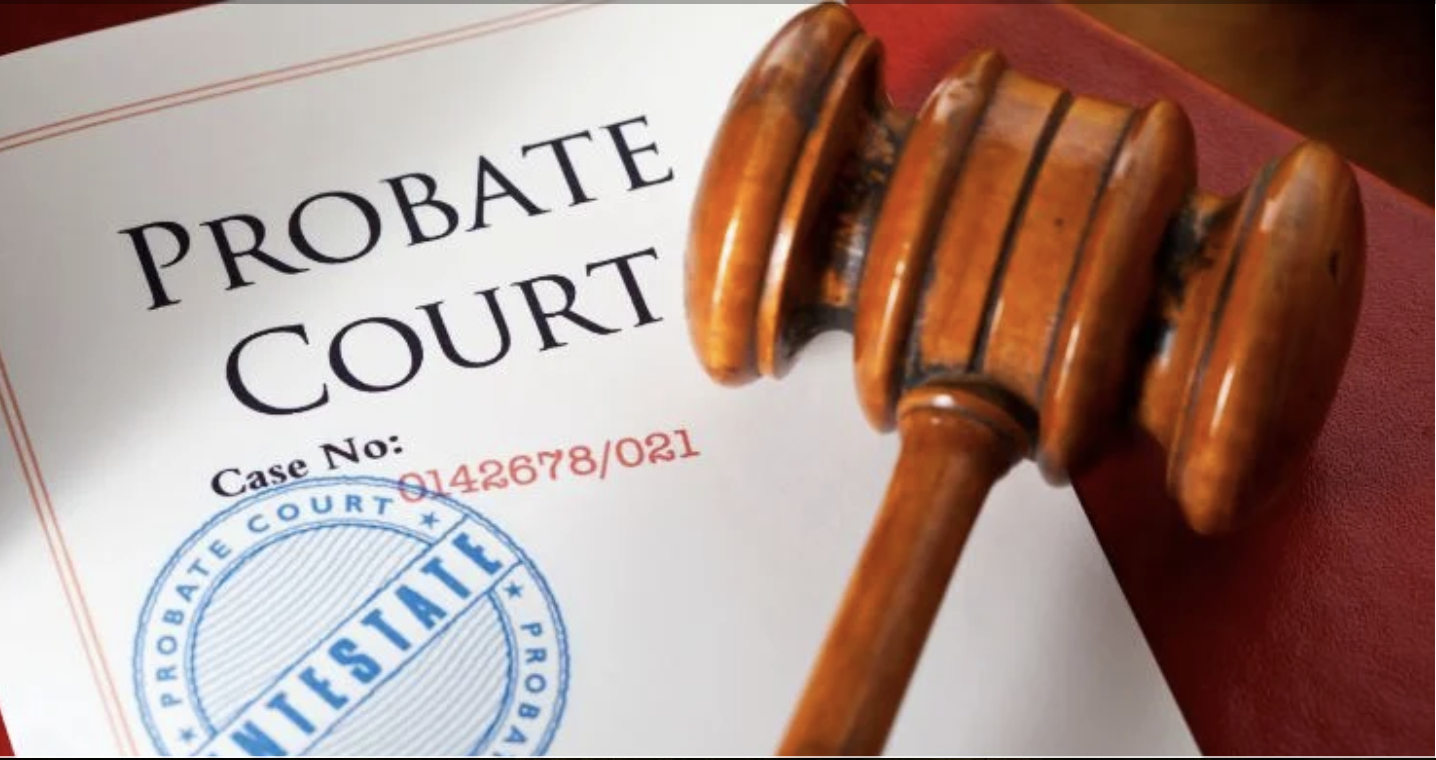Update on California Probate Law: Important Changes for Handling Real Property in Estates
A new law was finalized on August 29, 2024, that will bring significant changes to how real property is managed in California probate cases. The new Assembly bill modifies key sections of the Probate Code, impacting estates with real property, especially those valued over $750,000 or those that were not the decedent’s primary residence.
Key Changes in the Law
In California, probate—the legal process of distributing a deceased person’s assets—can be long and expensive. For smaller estates, the law has allowed a faster and simpler process, enabling successors (those who inherit) to avoid full probate administration. However, the new bill changes how this streamlined process works, particularly for real estate.
Under the current law, if an estate’s total value is under a certain threshold ($166,250), real property can be transferred without going through probate. The new law raises this threshold for real property and introduces new requirements:
– Properties worth over $750,000 or not used as the decedent’s primary residence are no longer eligible for the simplified process. This means more estates with valuable real property will now need to go through the traditional, more time-consuming probate process.
– All heirs and beneficiaries must now be notified before the property is disposed of. This new requirement makes it more likely that other family members will challenge the sale or disposal of property, potentially leading to disputes.
What Was the Old Process?
Previously, successors of a decedent (person who has passed away) could manage the estate’s property more easily if the estate was considered “small.” For example, if the total value of the estate (including real property like a home or land) was under $166,250, successors could skip the lengthy probate process. Successors could file a simple affidavit with the court, explaining that they had the right to the property, and the court would typically approve without much investigation.
Successors could handle these matters without notifying all other heirs, which meant fewer disputes over who gets what. However, this is about to change.
What Does the New Bill Do?
The new law makes two key changes:
1. It limits the simplified process to lower-value properties: Only primary residences valued at $750,000 or less will qualify. If the property is worth more than $750,000 or isn’t the decedent’s main home (such as a vacation house), it will have to go through regular probate, which takes longer and is more complicated.
2. It requires notifying all heirs and beneficiaries: Before any real property can be disposed of, successors must now notify everyone who might have a claim to the estate. This makes it more likely that disagreements will arise, with other heirs potentially asserting their rights to the property. When multiple people have an interest in the same property, these disputes may end up in court through a process called a “partition action,” where the property is divided or sold and the proceeds are distributed.
How This Could Affect Real-Life Situations
Let’s look at an example to see how this might play out:
Shawn is the successor to his father’s estate, which includes a vacation home in Lake Tahoe. The home was bought for $125,000 in 1980. Under the current law, Shawn could use the property’s assessed value to qualify the estate as a “small estate.” He could then file paperwork with the court to dispose of the property without having to notify his sister, Julie, or go through full probate.
However, with the new law in place, Shawn would have to notify Julie about his plan to sell the vacation home. If Julie disagrees with this, she could contest the sale, possibly leading to a legal dispute. If Julie wants to assert her ownership rights to the home, the case could end up in court, where a judge might order the property to be sold and the proceeds divided between the siblings. This process, known as a partition action, is more time-consuming and costly than the quicker method available under the old law.
What to Expect Moving Forward
These changes are significant for anyone dealing with real property in a loved one’s estate. With more estates now subject to the full probate process, heirs and successors should prepare for potentially longer wait times and more legal steps, especially when multiple heirs are involved. It’s more important than ever to understand these new rules and how they may impact estate planning and property transfers.
If you’re managing an estate with real property, or you’re concerned about how this law may affect you, consulting with a probate attorney is a smart move to ensure you navigate the new legal landscape smoothly.
This update marks a shift in California probate law that aims to balance fairness and efficiency, but it may also bring more complexity to estate management, particularly when it comes to valuable real estate.

